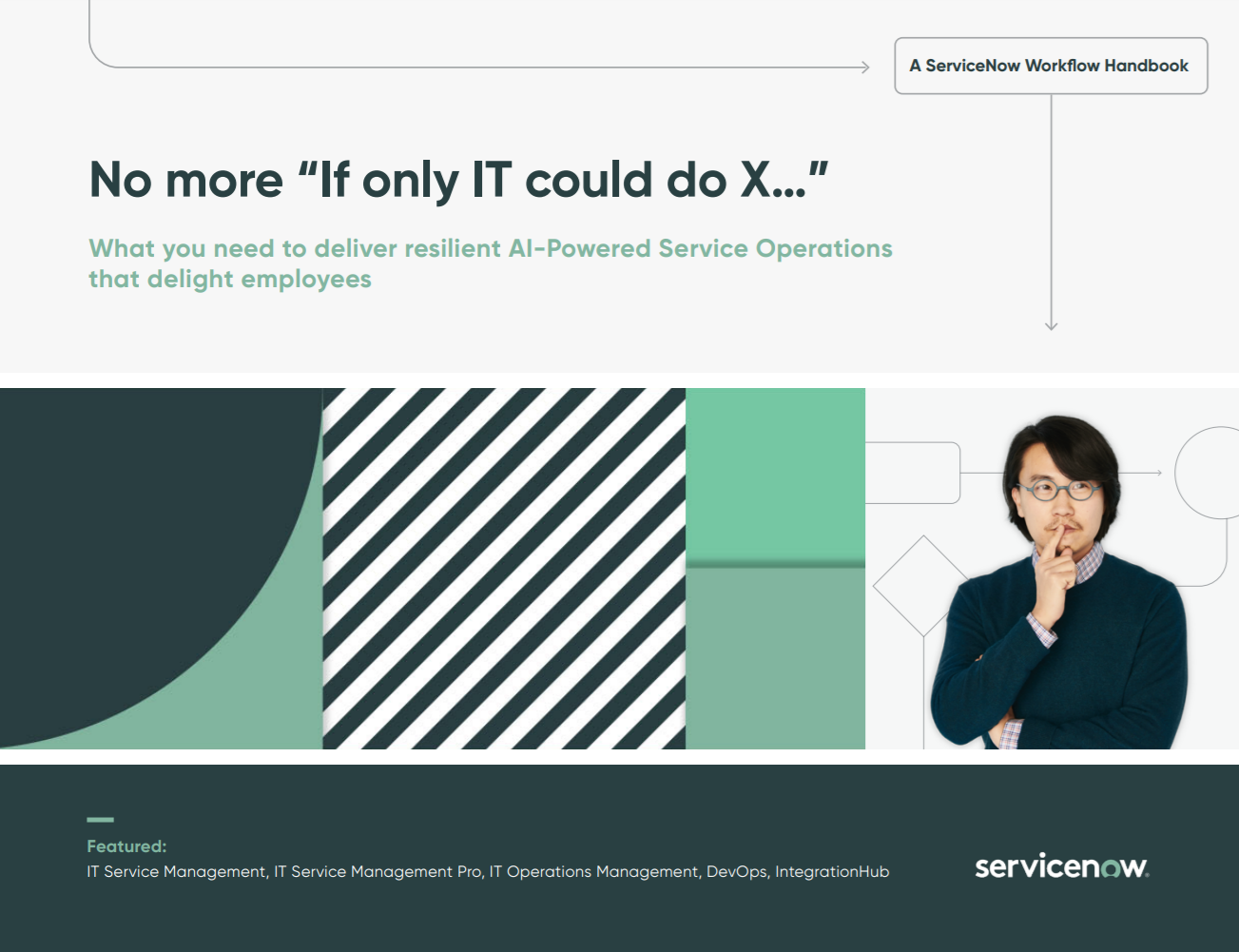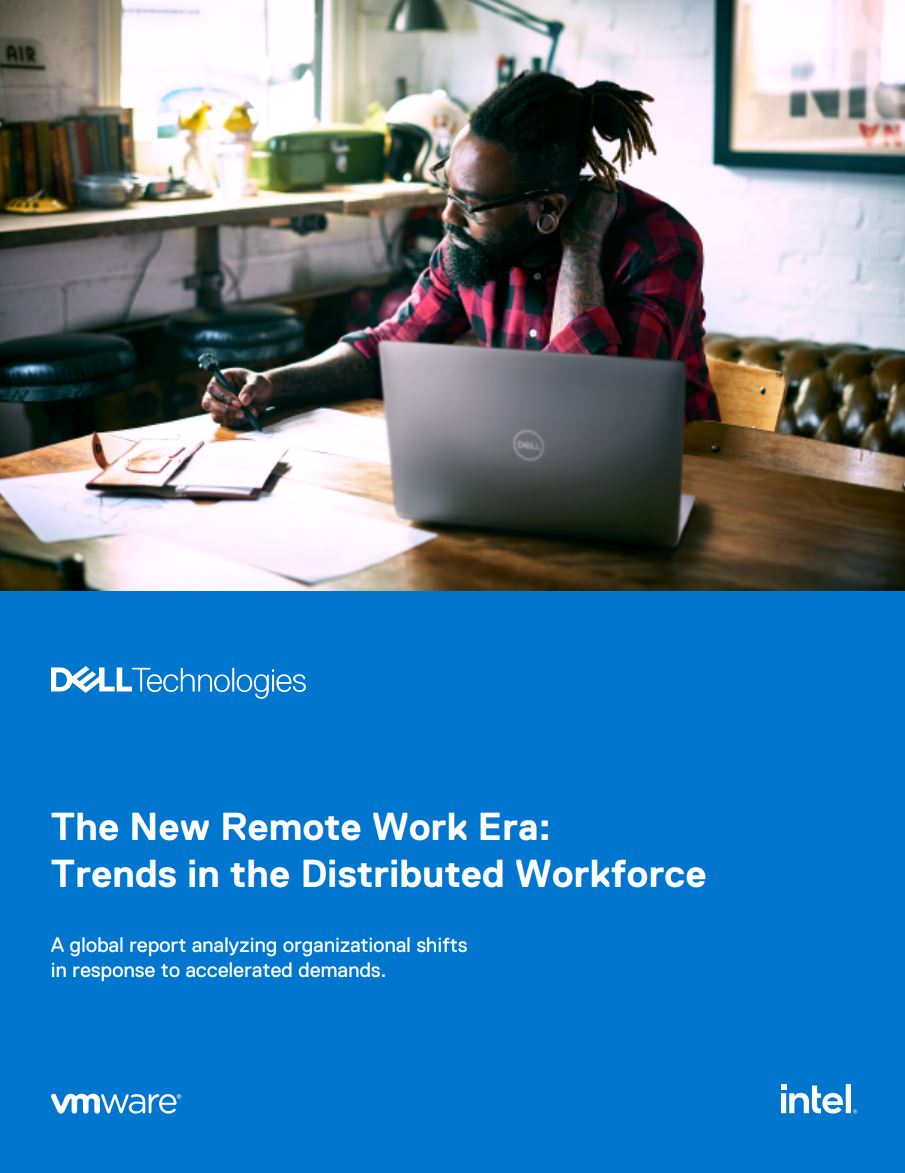Appian talks up mobile at annual global conference
Year of disruption and pivot towards mobile has shown low-code's strengths, claims CEO


Sign up today and you will receive a free copy of our Future Focus 2025 report - the leading guidance on AI, cybersecurity and other IT challenges as per 700+ senior executives
You are now subscribed
Your newsletter sign-up was successful
While 2020 in general can hardly be described as “mobile”, with people worldwide under lockdown for most of the year, from a tech standpoint mobile has very much been at the forefront of the shift in working patterns seen over the past 12 months.
Speaking at the opening keynote of Appian World 2021, once again held virtually, Appian CEO Matt Calkin described how corporate mobile usage “surged” in the past year. Corporate mobile usage, he noted, was up 220% over the past four quarters, as workers shifted to using tablets and laptops – their own as well as corporately provisioned – to make it easier to work from home.
“This was all [obvious] in retrospect … but it wasn’t obvious in 2019,” Calkin told viewers. As a consequence many applications and providers struggled to deal with this shift. He claimed that 17 apps out of 20 were unable to pivot to mobile usage, causing problems for them and their customers.
“You can see there was a lot of hold back, that software got in the way of a lot of people's preferred usage patterns, and prohibited a kind of a lot of flexibility in work behaviour, and process behaviour,” Calkin told IT Pro.
Appian, however, managed to deal with the sudden change in working practices easily, he said, as it was already mobile ready. Consequently, its corporate mobile app usage grew 1,970% over the same 12 month period.
RELATED RESOURCE

Seven steps to successful digital innovation and transformation
What to invest in and what to avoid when pursuing digital transformation
These growth figures, both 220% and 1970%, both show how much the world wanted to change, Calkin said, with Appian’s success showing the strength of low-code in a changing environment.
“The value proposition is clear. Low code allows you agility, and businesses want that – which is all of them – have been coming to us and looking for it,” he said. “I heard that businesses are talking about low code 10 times as much as they were a year ago. So the hype is definitely up. But I think also the value provided is up. There’s a realisation that low code is a good route to the kind of digitalisation and agility that businesses are looking for.”
Sign up today and you will receive a free copy of our Future Focus 2025 report - the leading guidance on AI, cybersecurity and other IT challenges as per 700+ senior executives
Calkin echoed these sentiments during his keynote, saying that this switch to a mobile-focused business landscape is the reason low-code is here to stay.
“All customers are going to want to write once and deploy everywhere,” he said, adding that low-code enables that, which low-code companies “should be shouting from the rooftops”.

Jane McCallion is Managing Editor of ITPro and ChannelPro, specializing in data centers, enterprise IT infrastructure, and cybersecurity. Before becoming Managing Editor, she held the role of Deputy Editor and, prior to that, Features Editor, managing a pool of freelance and internal writers, while continuing to specialize in enterprise IT infrastructure, and business strategy.
Prior to joining ITPro, Jane was a freelance business journalist writing as both Jane McCallion and Jane Bordenave for titles such as European CEO, World Finance, and Business Excellence Magazine.
-
 Pulsant unveils high-density data center in Milton Keynes
Pulsant unveils high-density data center in Milton KeynesNews The company is touting ultra-low latency, international connectivity, and UK sovereign compute power to tempt customers out of London
-
 Anthropic Labs chief claims 'Claude is now writing Claude'
Anthropic Labs chief claims 'Claude is now writing Claude'News Internal teams at Anthropic are supercharging production and shoring up code security with Claude, claims executive
-
 The ultimate guide to 3D
The ultimate guide to 3DWhitepaper Creative boost breaks
-
 Breaking down the barriers to 3D design
Breaking down the barriers to 3D designWhitepaper Designing for the future
-
 Access new levels of creative freedom
Access new levels of creative freedomWhitepaper Discover the benefits of 3D powered design
-
 Here’s the first look at Google’s new Bay View campus
Here’s the first look at Google’s new Bay View campusNews First announced in 2017, the all-electric campus is the first to be fully developed and built by Google
-
 ITSM workflow handbook: No more "If only IT could do X"
ITSM workflow handbook: No more "If only IT could do X"Whitepaper What you need to deliver resilient AI-powered service operations that delight employees
-
 The new remote work era
The new remote work eraWhitepaper Trends in the distributed workforce
-
 Five top benefits of a dynamic work model for both your employees and your business
Five top benefits of a dynamic work model for both your employees and your businessIn-depth How flexible policies make your organisation more resilient to future disruption
-
 The ultimate guide to dynamic work
The ultimate guide to dynamic workWhitepaper Trends of dynamic work and steps to getting it right